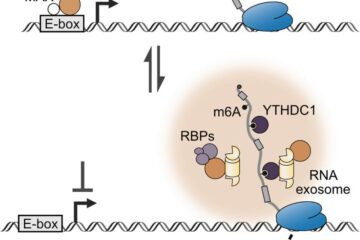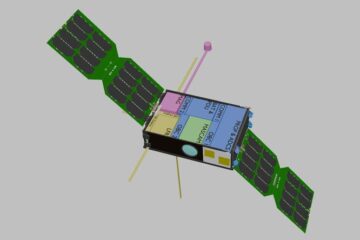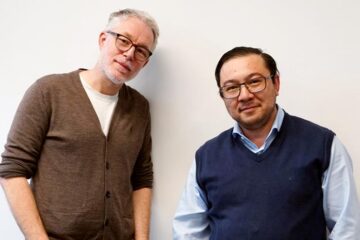Functional Genomics – Next Generation Applications & Technologies

The field of Functional Genomics is growing and expanding continuously. This is due to the fact that the basic information in terms of comprehensive molecular data sets is or becomes available, such as genomic, epigenetic expression and interaction information at all molecular levels.
In addition, more and more techniques arise, which permit similarly global analyses also at the level of individual living organisms, currently still with an emphasis on cell culture but moving more and more toward studies of model organisms and human tissues. Understanding the regulative processes that govern cellular life will translate relatively quickly into biomedical and pharmacological applications, biotechnical and biosynthetic developments and metagenetic – in other words ecological – consequences.
Scientific lectures, poster presentations, exhibiting companies as well as a panel discussion on genome-wide association studies (GWAS) will demonstrate the enormous potential of today's technology and provide a glance at what the future may hold.
Panel discussion: Genome-wide association studies (GWAS) – Pros & Cons
Following international renowned experts will discuss the pros and cons of „Genome-Wide Association Studies“, its usefulness and applications as well as promises and limitations:
A.J. Brookes, University of Leicester/UK
J. Erdmann, University of Lübeck
T. Gress, Marburg University Hospital
J.D. Hoheisel, German Cancer Research Center, Heidelberg
T. Meitinger, German Research Center for Environmental Health, Munich
M. Hrabé de Angelis, German Research Center for Environmental Health, Munich (moderation)
Join this panel discussion and let us know what you think about GWAS
Plenary lectures
Towards „Ideal Healthcare“: optimised and personalised future medicine
Anthony J. Brookes, University of Leicester/UK
Navigating the future of personalised medicine
Andrea Ferreira-Gonzalez, Virginia Commonwealth University, Richmond, VA/USA
For any further questions please feel free to contact the
Congress Office, Phone: +49 69 7564-152, wu@dechema.de or
Dr. Scriba, Phone: +49 69 7564-124, scriba@dechema.de
Media Contact
Weitere Informationen:
http://www.dechema.de/chipsAlle Nachrichten aus der Kategorie: Seminare Workshops
Neueste Beiträge

Forschende enthüllen neue Funktion von Onkoproteinen
Forschende der Uni Würzburg haben herausgefunden: Das Onkoprotein MYCN lässt Krebszellen nicht nur stärker wachsen, sondern macht sie auch resistenter gegen Medikamente. Für die Entwicklung neuer Therapien ist das ein…

Mit Kleinsatelliten den Asteroiden Apophis erforschen
In fünf Jahren fliegt ein größerer Asteroid sehr nah an der Erde vorbei – eine einmalige Chance, ihn zu erforschen. An der Uni Würzburg werden Konzepte für eine nationale Kleinsatellitenmission…

Zellskelett-Gene regulieren Vernetzung im Säugerhirn
Marburger Forschungsteam beleuchtet, wie Nervenzellen Netzwerke bilden. Ein Molekülpaar zu trennen, hat Auswirkungen auf das Networking im Hirn: So lässt sich zusammenfassen, was eine Marburger Forschungsgruppe jetzt über die Vernetzung…





















